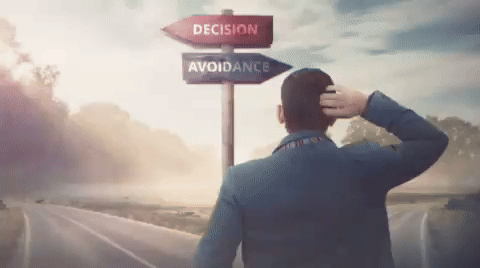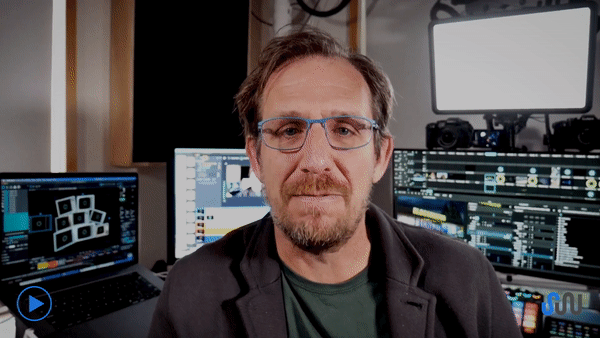
I first studied economics nearly 30 years ago when I was still in high school. I have probably forgotten a lot of what I learnt at high school, but there is one foundational tenet of economic theory that I will never forget, probably because it troubled me so much.
The concept that troubled me so was that of Homo Economicus or ‘Rational economic man’. Homo Economicus is a fictitious character who seeks to maximise their own personal benefit, makes only completely rational choices and who has perfect knowledge of all future events. Although it felt uneasy and overly simplistic at the time, it wasn’t until years later when I read books such as The Origin of Wealth and Thinking, Fast and Slow that I could understand the complete fallacy of the idea.
The truth is, we rarely act out of complete self-interest (we sacrifice our own well-being for people around us), we almost never make rational choices (as we deal with a number of both conscious and unconscious biases) and our knowledge of future events is incredibly limited and quite often wrong.
What is more, the people around us are also not acting ‘rationally’. They are working to a mismatched set of goals, with their own biases and a completely different perspective on how the future will unfold. When it comes to strategic decision-making, I call this the space of ‘Disjointed Speculation’. Key decision makers all speculate on how the future might play out and those speculations are not consistent with each other. What’s more, in times of uncertainty, this space becomes more disjointed than normal as agreed assumptions are challenged and no new agreements are necessarily made.
A current example of this is ongoing conversation around hybrid / remote / flexible work arrangements. Before the pandemic, it was a widely held assumption that people needed to be in the office to do their work effectively. Now, we’re dealing with a space of disjointed speculation. Some speculate that the office is still the best place, others speculate that working from home is more productive, others speculate that even if it isn’t more productive, they need to offer flexibility if they want to attract staff. The truth is, we don’t actually know the answer to this. We still have a relatively small sample of data and that data is tainted by the effects of a global pandemic. So instead of having a ‘rationale’ on flexible work arrangements, we generally have conversations rooted in personal biases and unfounded assumptions.
When operating in a space of disjointed speculation, making good decisions (or potentially any decisions) becomes frustrating and difficult. It feels like people don’t ‘get’ each other and conversations seem to go around in circles. Ultimately a decision is either forced through, or possibly not made at all.
An alternative approach is to bring everyone’s assumptions together and identify where they align and where they differ. This is one of the key benefits of scenario planning. The process helps participants identify where their collective assumptions align and where they diverge and then deliver a set of future scenarios to help decision makers understand the challenges more fully. These scenarios can then be used in a strategic workshop to challenge thinking, create shared understanding and agree on strategic actions.






